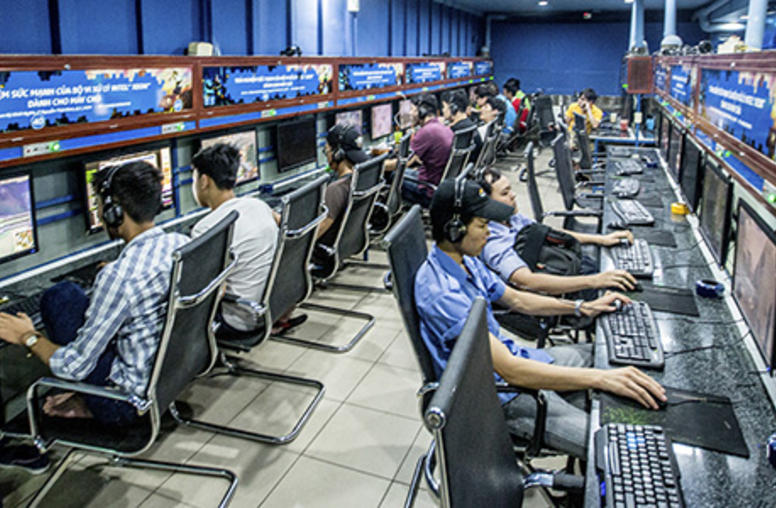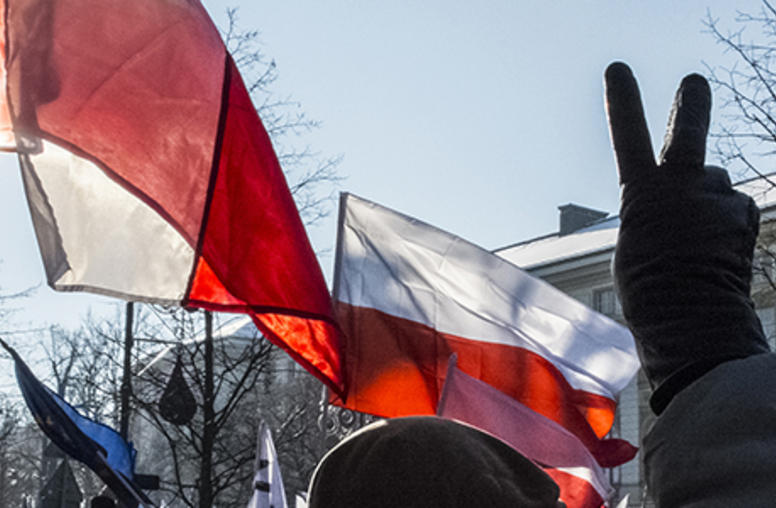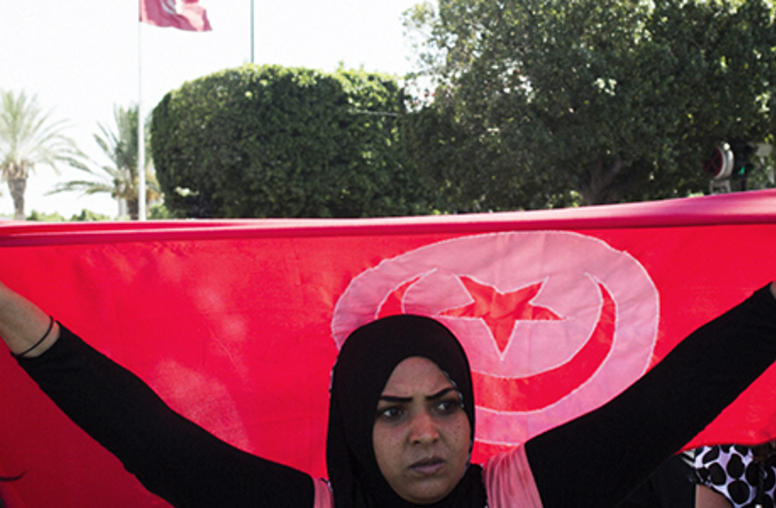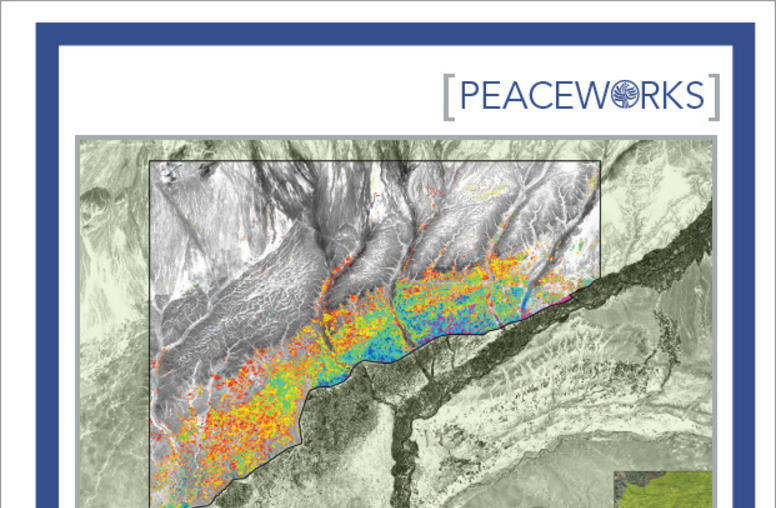Roundtable Meeting III
This third meeting of the Roundtable solicited views from the membership on the direction of each of the four initiatives launched by the Roundtable in December 2011: using data-sharing to improve coordination, sensing emerging conflicts, adapting agricultural extension to peacebuilding, and harnessing systems engineering to peacebuilding.
Members of the steering committee for each initiative described activities undertaken since the last Roundtable meeting and activities proposed for the coming six months. Moderated discussion followed enabling each group to receive guidance on follow-on activities, such as follow-on workshops, technology demonstrations, or pilot projects in the field. Staff also described to members a vision for peacebuilding in the future organized around the "PeaceTech Laboratory," an incubator for innovative technologies and applications that support the work of peacebuilders in the field.
Read the event analysis, Institute, National Academy of Engineering Explore New Applications of Science and Technology to Peacebuilding
This third meeting of the Roundtable solicited views from the membership on the direction of each of the four initiatives launched by the Roundtable in December 2011: using data-sharing to improve coordination, sensing emerging conflicts, adapting agricultural extension to peacebuilding, and harnessing systems engineering to peacebuilding.
Members of the steering committee for each initiative described activities undertaken since the last Roundtable meeting and activities proposed for the coming six months. Moderated discussion followed enabling each group to receive guidance on follow-on activities, such as follow-on workshops, technology demonstrations, or pilot projects in the field. Staff also described to members a vision for peacebuilding in the future organized around the "PeaceTech Laboratory," an incubator for innovative technologies and applications that support the work of peacebuilders in the field.
Downloads (.pdf):



